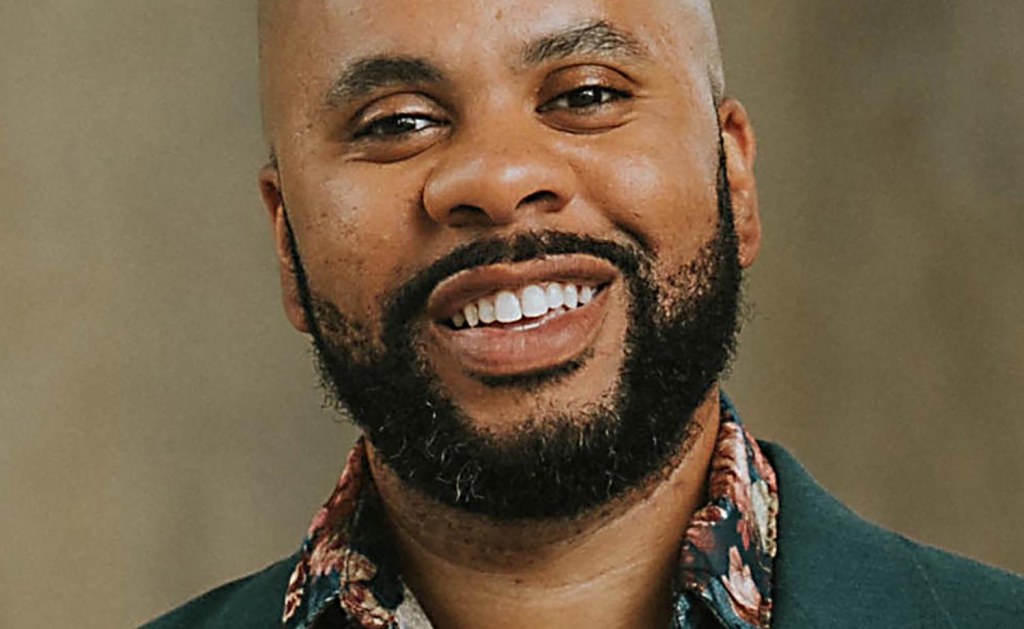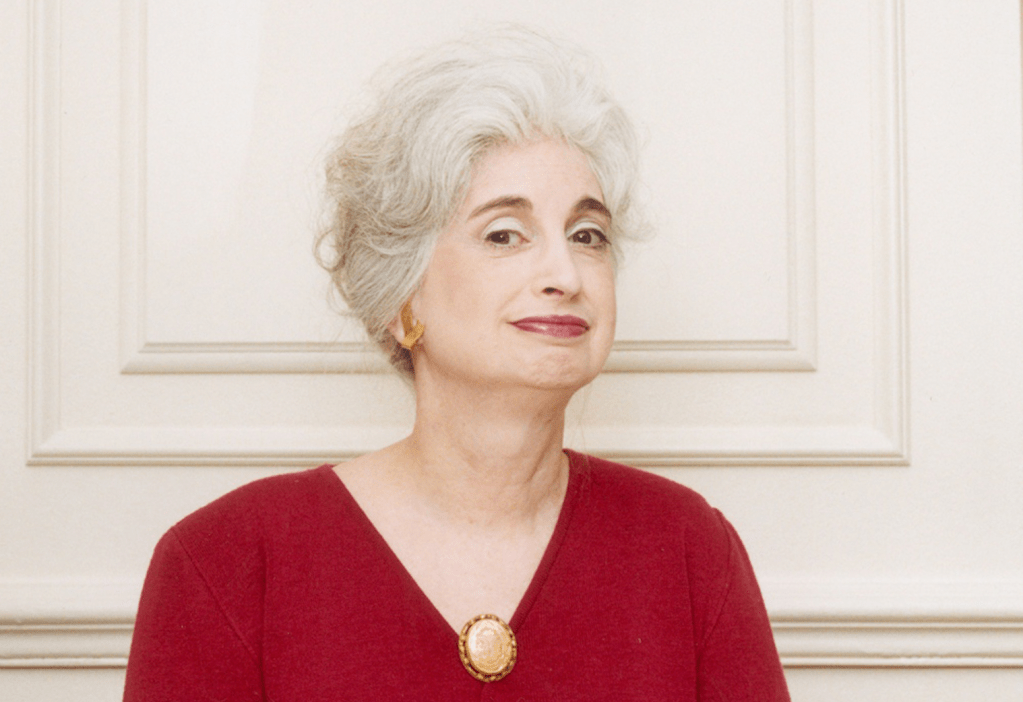
Amid furious debate among supporters of President Donald Trump over the H-1B visa for foreign workers, federal authorities are making in-person interviews mandatory for renewals in visa holders’ home countries.
Technology companies say the visas — intended for workers with specialized skills, and requiring renewal every three years — are key to maintaining competitiveness, but critics charge they are used to suppress wages and replace U.S. workers.
Currently, H-1B holders with no visa changes can drop off renewal applications at consulates in their home countries or foreign countries, or renew remotely through federal field offices in the U.S. Under the new rule, in-person interviews are required for overseas applications, and the option to renew in countries other than the applicants’ own appears to have been taken away. It was not immediately clear if an interview requirement would be imposed for renewals at field offices in the U.S.
Immigration lawyers expect the change, taking effect Sept. 2, will cause delays at overseas consulates and also in U.S. field offices.
“It was a really great process — if everything was the same there’s really no point in asking them all of those questions and having them coming in for an interview,” said Kelli Duehning, a partner in the BAL immigration law firm’s San Francisco office, who spent 17 years as a lawyer for U.S. Citizenship and Immigration Services.
Alternatively, at the discretion of federal authorities, H-1B workers could renew visas at U.S. consulates in other countries not their own, including Canada and Mexico, but Duehning believes the new rule eliminates that option.
U.S. Citizenship and Immigration Services referred questions about the new rule to the U.S. State Department. The department said visa applicants should check embassy and consulate websites for information about visa application requirements and procedures.
“An in-person interview with a consular officer overseas remains one of the most important tools for the Department of State to detect fraud, misrepresentation, and other indicators that an applicant is not qualified for the visa class sought,” the department said.
Thousands of H-1B workers, mostly Indian citizens, work at Silicon Valley technology companies. Visa holders have been reluctant to speak out on the issue, fearing it could jeopardize their status.
“We can only anticipate that the wait times at the consulates in India are going to get very, very long,” Duehning said. “If they don’t get an appointment in time, they could lose their work authorization.”
Most H-1B holders also can renew visas in the U.S., and Duehning expects the mandatory interview rule will boost the number of H-1B workers applying in this country, likely leading to delays in U.S. Citizenship and Immigration Services field offices.
“Their field offices are already overwhelmed,” Duehning said.
Meanwhile, federal hiring freezes and the departures of federal workers in the State Department and Citizenship and Immigration Services mean reduced staffing, even as the Trump administration heightens scrutiny of H-1B applications and renewals, Duehning said. Applications for renewals made overseas, and at field offices, are drawing increased numbers of “requests for evidence” that the applications are valid, Duehning said, similar to what occurred during the first Trump administration.
“It will continue to increase the lack of efficiency and consistency that businesses need for their foreign national workforce, and of course, just continues to increase the angst of foreign workers,” Duehning said.
Controversy over the H-1B visa exploded late last year, as anti-immigrant conservatives faced off against advocates from the tech industry who are close to Trump. The president — who in the past criticized the visa and oversaw a dramatic boost in denial rates during his first term — came out in support of the H-1B.
In Silicon Valley, Google, Meta and Apple are among the top users of the visa. Last year, Google received approval for some 5,300 new and continuing H-1Bs, according to federal government data. Meta received nearly 5,000 approvals, Apple close to 4,000, Intel about 2,500 and Oracle more than 2,000. Seattle’s Amazon topped the list, with more than 11,000. All told, nearly 80,000 workers were approved last year to work in the U.S. for about 10,000 California companies.
Duehning believes the change to the renewal rule arises from an “extreme-vetting” approach to visa workers, intended to root out fraud, combined with a belief by some officials in the Trump administration that the H-1B displaces American workers.
The Trump administration recently signaled it may scrap the lottery that awards 85,000 new H-1B visas each year, possibly replacing it with a system tying visas to salaries.
While tech firms push to expand the annual cap on new visas, arguing that they use the H-1B to secure the world’s top talent, research suggests the visa may push down wages, and staffing and outsourcing firms — which supply many H-1B workers to Silicon Valley tech companies — have been accused of replacing U.S. workers with visa holders.
<




